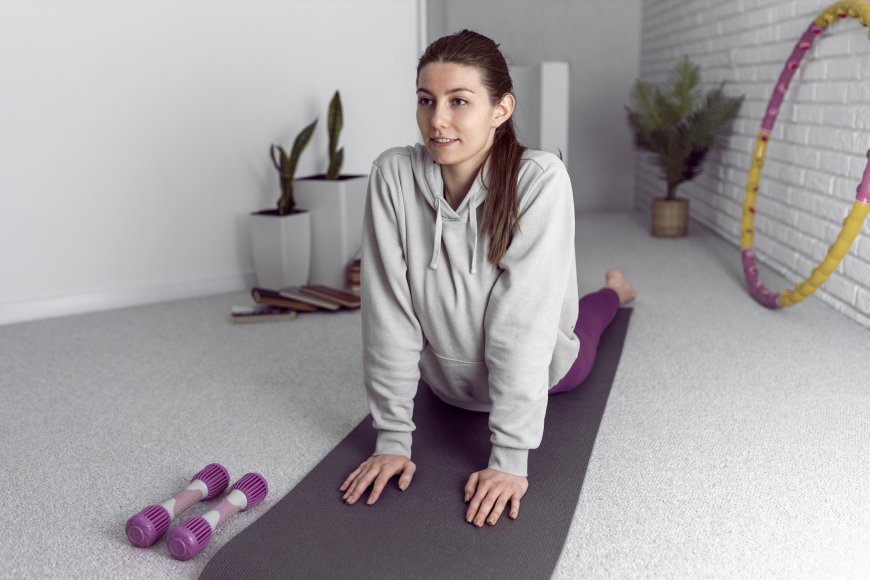How Regular Exercise Helps Reduce Stress and Anxiety
Regular exercise boosts mood, reduces stress hormones, and releases endorphins—natural chemicals that help ease anxiety and promote mental well-being.
How Regular Exercise Helps Reduce Stress and Anxiety
1. Introduction
In today’s fast-paced world, stress and anxiety have become part of everyday life. Work pressure, financial struggles, and personal responsibilities affect mental health. One of the most effective and natural solutions is regular exercise.
2. Exercise as a Natural Stress Reliever
When you exercise, your body releases endorphins—the “feel-good hormones.” These chemicals reduce stress, uplift your mood, and help you feel more positive.
3. Balancing the Nervous System
Exercise helps regulate the sympathetic nervous system, which controls the body’s “fight or flight” response. By balancing this system, physical activity calms the body and lowers anxiety levels.
4. Improving Sleep Quality
Insomnia is a common symptom of stress and anxiety. Regular physical activity promotes deeper and more restful sleep, which helps the mind recover and reduces stress.
5. Boosting Self-Confidence
As you stay consistent with exercise, your fitness improves, and so does your self-image. Increased self-confidence naturally reduces negative thoughts and feelings of anxiety.
6. Exercise as a Healthy Distraction
Physical activity keeps your mind busy and diverts your attention from stressful thoughts. This healthy distraction provides temporary relief from anxiety and clears your head.
7. Social Benefits of Group Workouts
Joining group classes, gyms, or sports activities allows you to connect with others. Positive social interactions reduce stress, prevent loneliness, and build emotional support.
8. Best Exercises for Stress and Anxiety
Although all forms of exercise are beneficial, the following are particularly effective:
Brisk Walking
Yoga
Swimming
Cycling
Light stretching with meditation
9. Building a Consistent Routine
Consistency is key. Health experts recommend at least 150 minutes of moderate activity or 75 minutes of intense exercise per week to experience stress-relieving benefits.
10. Long-Term Mental Health Benefits
Exercise doesn’t just provide short-term relief. Over time, it reduces the risk of chronic anxiety and depression, making it a sustainable and natural therapy for better mental health.
---
FAQs
Q1: Do I need to exercise daily to reduce stress?
Not necessarily. Exercising 3–5 days a week is enough to manage stress effectively.
Q2: Can walking alone reduce anxiety?
Yes. A 20–30 minute brisk walk daily can significantly lower stress and anxiety levels.
Q3: How long should I exercise each time?
A 30-minute session is ideal, but even 10–15 minutes of movement can make a positive difference.
Q4: Can exercise replace medicines for anxiety?
For mild to moderate anxiety, exercise is very helpful. But in severe cases, medical advice is essential.
Q5: Are yoga and meditation considered exercise?
Yes. Both are scientifically proven methods to reduce stress and improve mental health.
---
Conclusion
Regular exercise is one of the most powerful natural tools for reducing stress and anxiety. It releases endorphins, improves sleep, boosts confidence, and provides both short- and long-term mental health benefits. If you want to live a calmer, healthier, and more balanced life, make exercise a part of your daily routine.
What's Your Reaction?
 Like
1
Like
1
 Dislike
1
Dislike
1
 Love
0
Love
0
 Funny
0
Funny
0
 Angry
0
Angry
0
 Sad
0
Sad
0
 Wow
0
Wow
0












